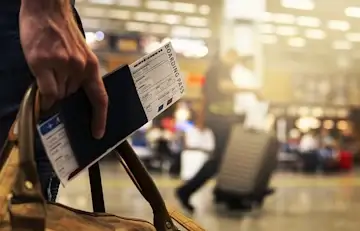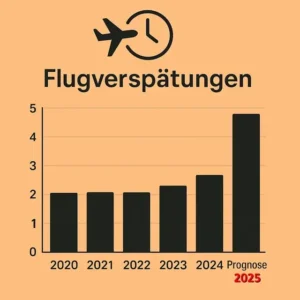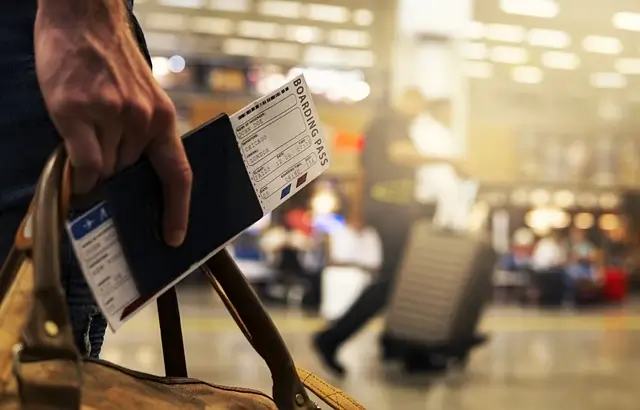Europe’s Air Travel in Crisis
The European aviation sector is heading toward record-breaking delays in summer 2025. According to Eurocontrol, 35% of all flights were delayed in summer 2024, with an average delay of 21.4 minutes. But why is the situation expected to worsen in 2025? And what can travelers do to prepare?

1. Current Situation: Alarming Statistics
Punctuality at an All-Time Low
- Only 65% of flights arrived within 15 minutes in 2024 (2023: 66%, 2019: 73%).
- Departure punctuality dropped to 56.9% – the lowest level in 20 years.
- Frankfurt, Hanover, and Berlin (BER) are the German airports with the most delays (up to 39% of flights affected).
Main Causes of Delays
- Air traffic management issues: Delays up 52% compared to 2023.
- Staff shortages: Lack of air traffic controllers and ground crews.
- Ripple effects: 11.8 minutes of delays are caused by previously delayed incoming flights.

2. Why 2025 Will Be Even Worse
Escalating Structural Problems
- Climate change: More frequent extreme weather events like heatwaves and storms are grounding flights.
- ATC crisis: Unions in Germany and Bosnia warn of a potential collapse in air traffic control systems.
- Strikes: Labor disputes, such as the March 8, 2025 strike in Italy, are crippling airport operations.
Passenger Boom vs. Capacity Bottlenecks
- Air traffic is growing (+5% in 2024), but infrastructure can’t keep up.
- Eurocontrol warns of “systemic breakdowns” without major reforms.
3. How Travelers Can Protect Themselves
Use Your Passenger Rights
- For delays of 3+ hours, you’re entitled to up to €600 in compensation (EU Regulation 261/2004).
- Important: The EU plans to increase the compensation threshold to 5–12 hours – a setback for consumer rights.
- Use template letters to claim compensation in case of significant delays.
Practical Travel Tips
- Book early: Morning flights are statistically more likely to be on time.
- Use tracking apps: Tools like Flugradar24 or Flightradar show real-time delays and flight statuses.
- Add buffer time: Allow at least 3 hours between connecting flights.
4. Long-Term Solutions? Industry Plans
- Hire more controllers: Eurocontrol calls for 1,000 new hires by 2025.
- Digitalization: Automated flight planning could help reduce cascading delays.
- Climate resilience: Airports are investing in heat-resistant runways and infrastructure.
Conclusion: Being Prepared Pays Off
The combination of staff shortages, climate change, and system overload makes 2025 the year of flight delays. Travelers should be flexible, informed, and aware of their rights, while the aviation industry urgently needs structural reforms.
